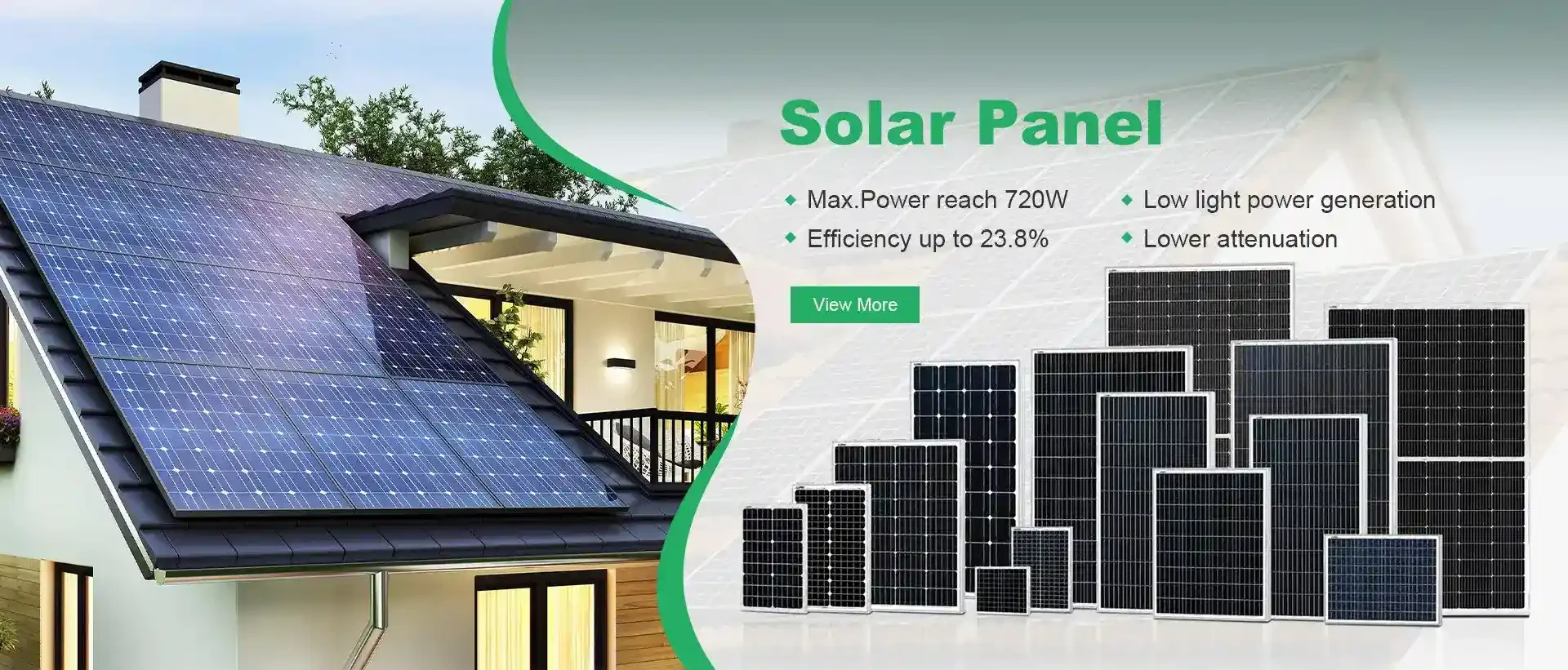Choosing the Right 3kW Solar Panel Inverter for Your Energy Needs
Understanding 3kW Solar Panel Inverters A Comprehensive Guide
As the world moves towards sustainable energy solutions, solar power has become a popular choice for both residential and commercial applications. One of the essential components of any solar power system is the inverter. In this article, we will delve into the specifics of a 3kW solar panel inverter, exploring its features, benefits, and considerations for potential users.
What is a Solar Inverter?
A solar inverter is a device that converts the direct current (DC) electricity generated by solar panels into alternating current (AC) electricity. AC is the standard form of electricity used in homes and businesses. The inverter plays a crucial role in ensuring that the energy produced by the solar panels can be utilized effectively for daily electrical needs or fed back into the grid.
What Does a 3kW Solar Inverter Do?
The term “3kW” indicates that the inverter can handle a maximum capacity of 3 kilowatts of power. This capacity is suitable for small to medium-sized solar installations, typically used in residential settings. A 3kW inverter can effectively manage the energy produced by approximately 12 to 15 solar panels, depending on the wattage of each panel. For instance, if each panel produces 250 watts, then a setup of 12 panels would be around 3kW in total capacity.
Benefits of a 3kW Solar Inverter
1. Cost-Effectiveness For homeowners with modest energy needs, a 3kW inverter offers an economical solution to solar energy generation. This size is often sufficient for single-family homes, leading to lower upfront installation costs compared to larger systems.
2. Compact Size A 3kW inverter is generally compact, making it easier to install in limited spaces, such as garages or utility rooms. Its smaller footprint is advantageous for homeowners who need to optimize storage and workspace.
3. Efficiency Many modern 3kW inverters are designed with high efficiency, often exceeding 95%. This means they can convert a significant percentage of the DC electricity produced by solar panels into usable AC electricity, optimizing the energy yield from the solar power system.
solar panel inverter 3kw

4. Monitoring Capabilities Many solar inverters come equipped with monitoring features that allow users to track the performance of their solar power system in real-time. This capability provides insights into energy production and usage, helping homeowners maximize their energy savings.
5. Grid-Tied Benefits Most 3kW inverters are grid-tied, meaning they can feed excess electricity back into the grid. This not only helps reduce electricity bills but also allows homeowners to take advantage of net metering, where they receive credits for surplus energy produced.
Considerations When Choosing a 3kW Inverter
While a 3kW solar inverter offers many benefits, it is essential to consider a few factors
1. Energy Consumption Assess your household’s energy requirements. If your energy consumption exceeds the production capacity of a 3kW inverter, you may need a larger system or an additional inverter.
2. Quality and Brand Invest in reputable brands known for their reliability and warranty offerings. A reliable inverter can minimize maintenance costs and improve system longevity.
3. Installation Proper installation is crucial for optimal performance. It is advisable to hire experienced professionals to ensure that the inverter is installed according to local regulations and safety standards.
4. Compatibility with Panels Ensure that the inverter is compatible with your chosen solar panels. Compatibility affects overall system performance and efficiency.
Conclusion
A 3kW solar panel inverter is an excellent investment for individuals looking to harness solar energy on a modest scale. With its cost-effectiveness, compact size, and efficiency, it provides an ideal solution for homeowners aiming to reduce their energy bills and carbon footprint. As solar technology advances, these inverters will continue to play a significant role in promoting sustainable energy practices. By understanding the capabilities and considerations of a 3kW inverter, consumers can make informed decisions that positively impact both their finances and the environment.
-
String Solar Inverter: The High-Efficiency Solution for Smart Solar EnergyNewsJul.14,2025
-
Revolutionizing Rooftop Energy with the Power of the Micro Solar InverterNewsJul.14,2025
-
Power Independence with Smart Off Grid Solar Inverter SolutionsNewsJul.14,2025
-
On Grid Solar Inverter: Powering the Future with Smart Grid IntegrationNewsJul.14,2025
-
Monocrystalline Solar Panels: High-Efficiency Power for the Future of Clean EnergyNewsJul.14,2025
-
Bifacial Solar Panel: A Smarter Investment for Next-Generation Energy SystemsNewsJul.14,2025







